Year 6 Week Beginning 4.9.23
Welcome back!
Year 6 have had a fantastic first week in their new class and have settled really quickly. The weather has been hot, hot, hot; despite this, the class have worked incredibly hard and given their best, all week long.
This year, Pope Paul School is celebrating the Year of Diversity. The children have spent lots of time in class thinking about what diversity means to them and have learnt that it simply means difference.

In English, the children have been learning about persuasion. They used cohesive language when discussing what makes a good/bad leader and prepared short speeches to express their opinion about, ‘What makes a leader effective?’ Year 6 also listened to different persuasive speeches, such as Greta Thunberg’s motivational speech at UK Climate Strike, for inspiration.
Greta Thunberg’s speech at UK climate strike – YouTube
They learnt that rhetorical devices, when used well, are powerful techniques for getting what you want. Examples of these are: Flattery, hyperbole, using imperatives and personal pronouns, repetition (the rule of three), using anecdotes and emotive language. Next week, the children will be applying these techniques to their own writing, when they compose their leadership letter of application to Mrs Heymoz.
In Maths, Year 6 have been reading, writing and exploring large numbers: some children have been working with numbers well into the billions- very impressive!
In RE, the class have been focussing on the school’s Mission Prayer. They used the bible to locate where each part of the prayer comes from, and wrote about how they intend to live out the values of the Mission Prayer, this year.
In Art, the children began their new topic: Activism: Printing, drawing and collaging! This topic explores how artists use their skills to speak on behalf of communities. During this unit, the class will make art based on the things they care about.
In Computing, Year 6 learnt about what is necessary to have effective communication and the importance of agreed protocols. They applied this understanding to IP address and the rules (protocols) that computers have for communicating with one another. The children also learnt about the use of a Domain Name Server (DNS) to translate web addresses into IP addresses.
In Music, the class began their new unit about swing music and were given a taste of Glen Miller music!
The week was finished off by a special mass of thanksgiving for Ms Lawlor, who has dedicated 25 years of her life to the children and families of Pope Paul School- thank you Ms Lawlor!
Online home learning will commence again from next Friday.
This weekend, the children have been asked to compose a speech, to persuade the other children in the school to vote for them to be a House Captain, on Friday. All children have been encouraged to apply for these roles, however, if your child doesn’t want to, this is absolutely fine, but please note that they are still required to write a speech using all of the persuasive features learnt this week in class.
Things to consider when writing your persuasive speech:
What effect do you want to have on the audience?
- To feel inspired
- To gain trust and confidence between the persuader and the audience
- For the audience to like you
- For the audience to agree and act accordingly after
- To change minds and convince people to accept a view or an idea
- To sell the benefits that they will gain from choosing you
Some people, particularly politicians, use something called a rhetorical device.
Rhetorical devices are powerful techniques for getting what you want.
Examples are:
- Flattery- complimenting your audience e.g. a person of your intelligence deserves better than this…
- Hyperbole- exaggerated language g. It is simply out of this world –strong.
- Personal pronouns- I, we, you e.g. You are the key to this entire idea succeeding- we will be with you all the way, I can’t thank you enough.
- Using imperatives- instructional language. E.g. Get on board and join us!
- Triples– grouping language in threes e.g. Safer streets means comfort, reassurance and peace of mind for you, your family and your friends.
- Emotive language- language that appeals to emotions. E.g. There are thousands of animals at the mercy of our selfishness.
Other factors that contribute towards a successful persuasive piece are:
- Use of modal verbs- could, should, would, possibly, obviously likely.
- Anacdotes- a short, amusing or interesting story about a real incident or person.
- Speaking clearly and confidently
- Confident body language
- Formal tone
- Repetition
- Making promises
- Rhetorical questions- have you ever wondered…
- Adverbs of possibility- I think, possibly, undoubtedly
Good luck!
I am looking forward to see you all at the Meet the Teacher, next Monday at 2.45pm.
Have a wonderful weekend,
Ms Pemberton
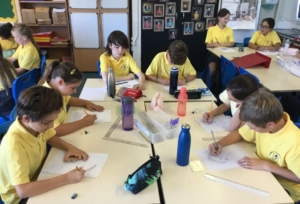
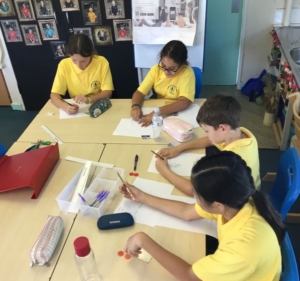
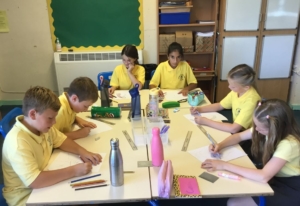
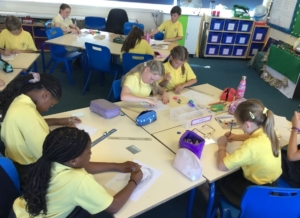
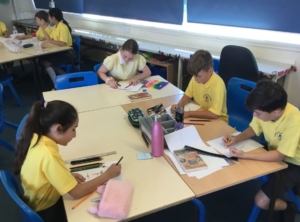
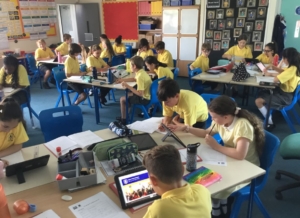

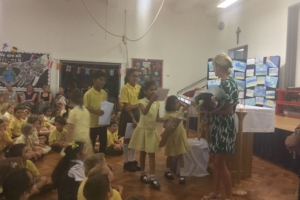
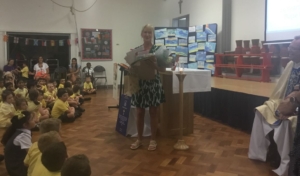

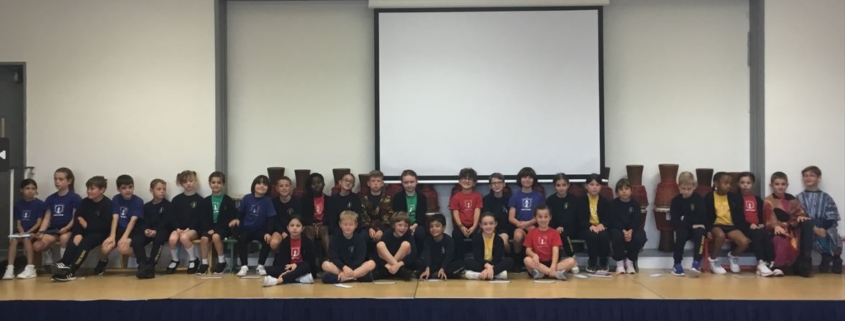




Leave a Reply
Want to join the discussion?Feel free to contribute!